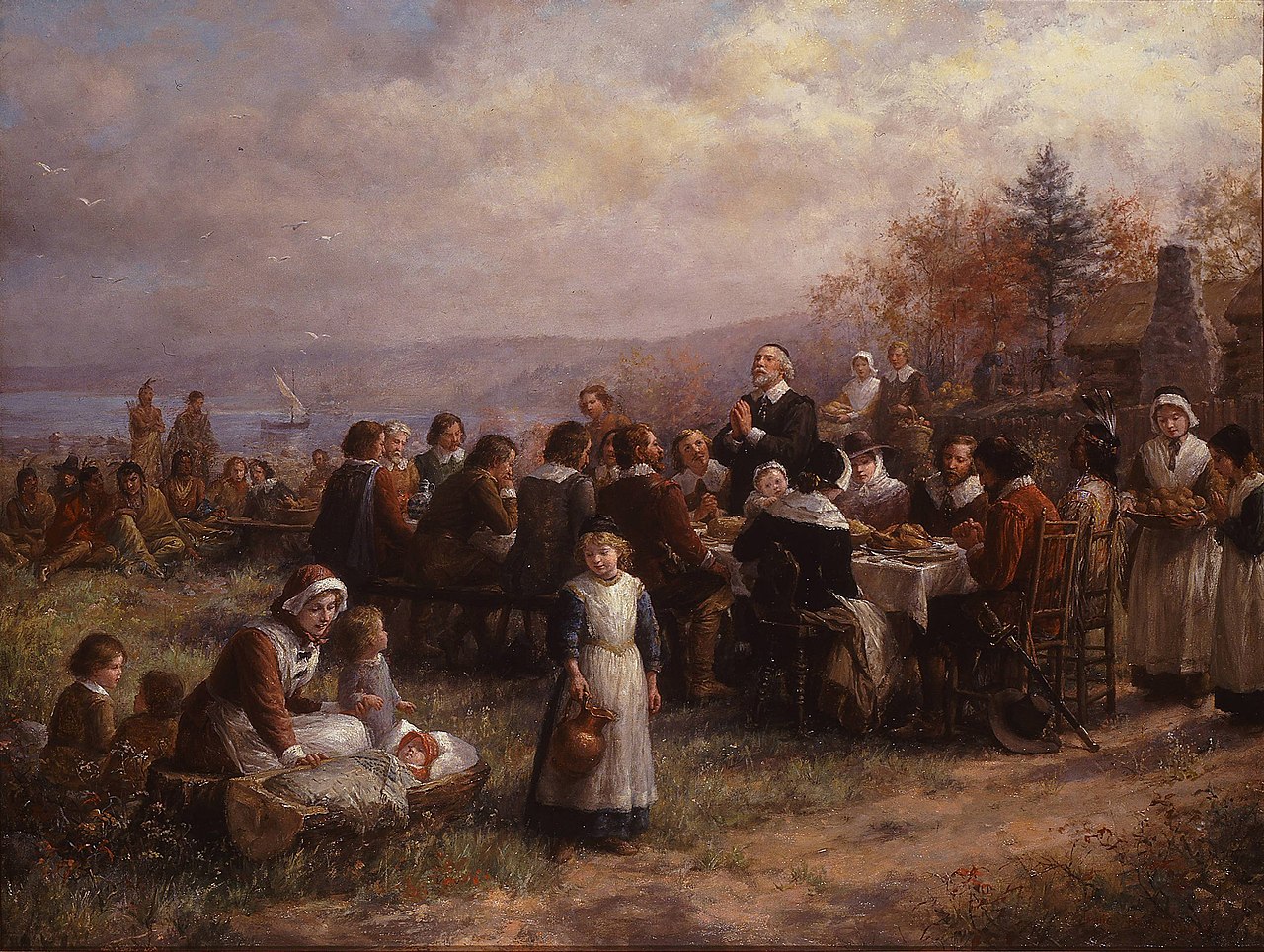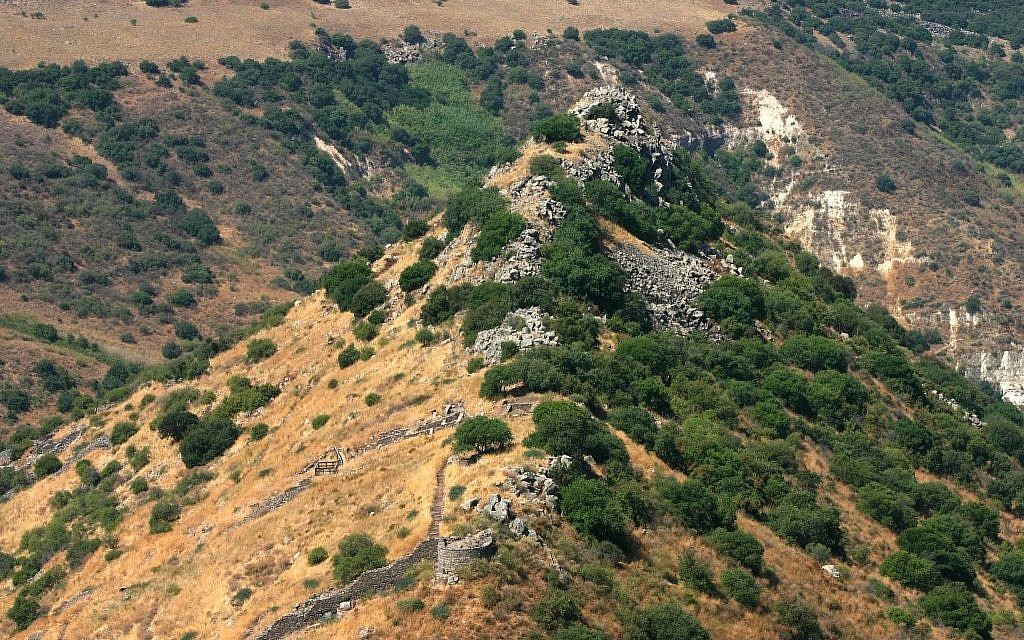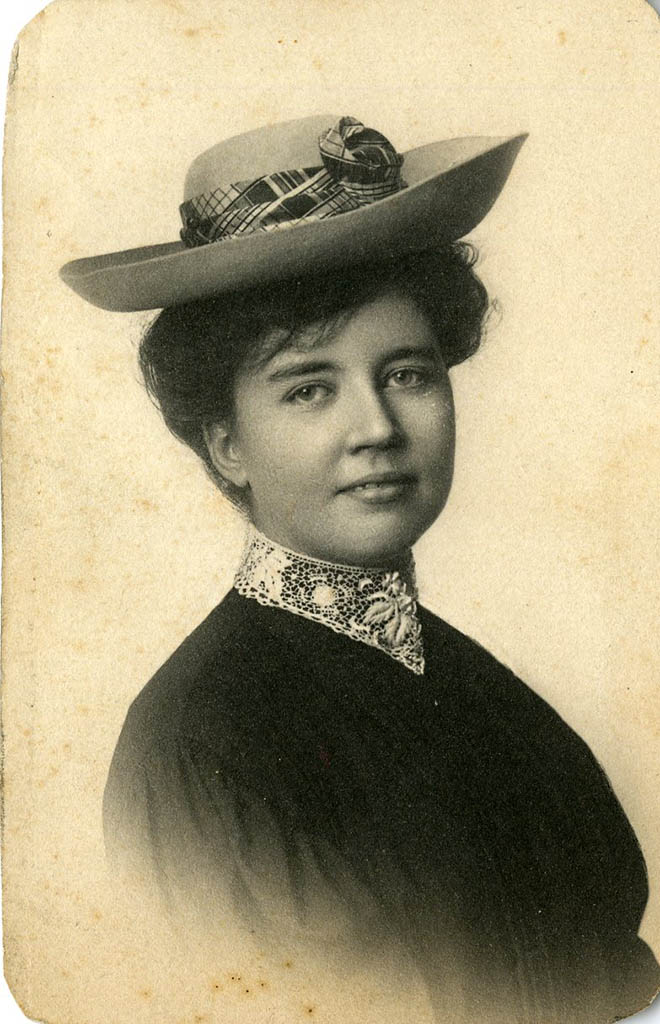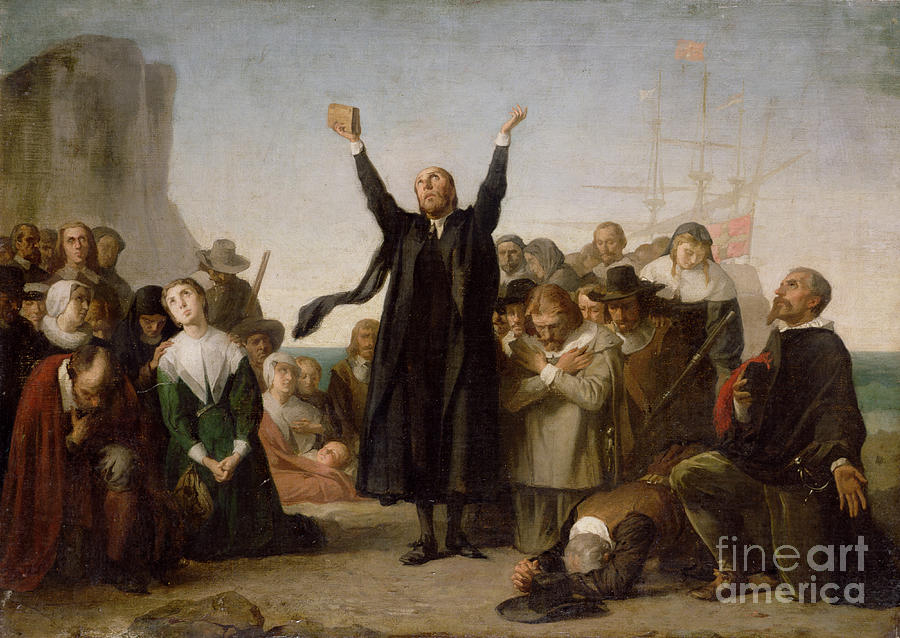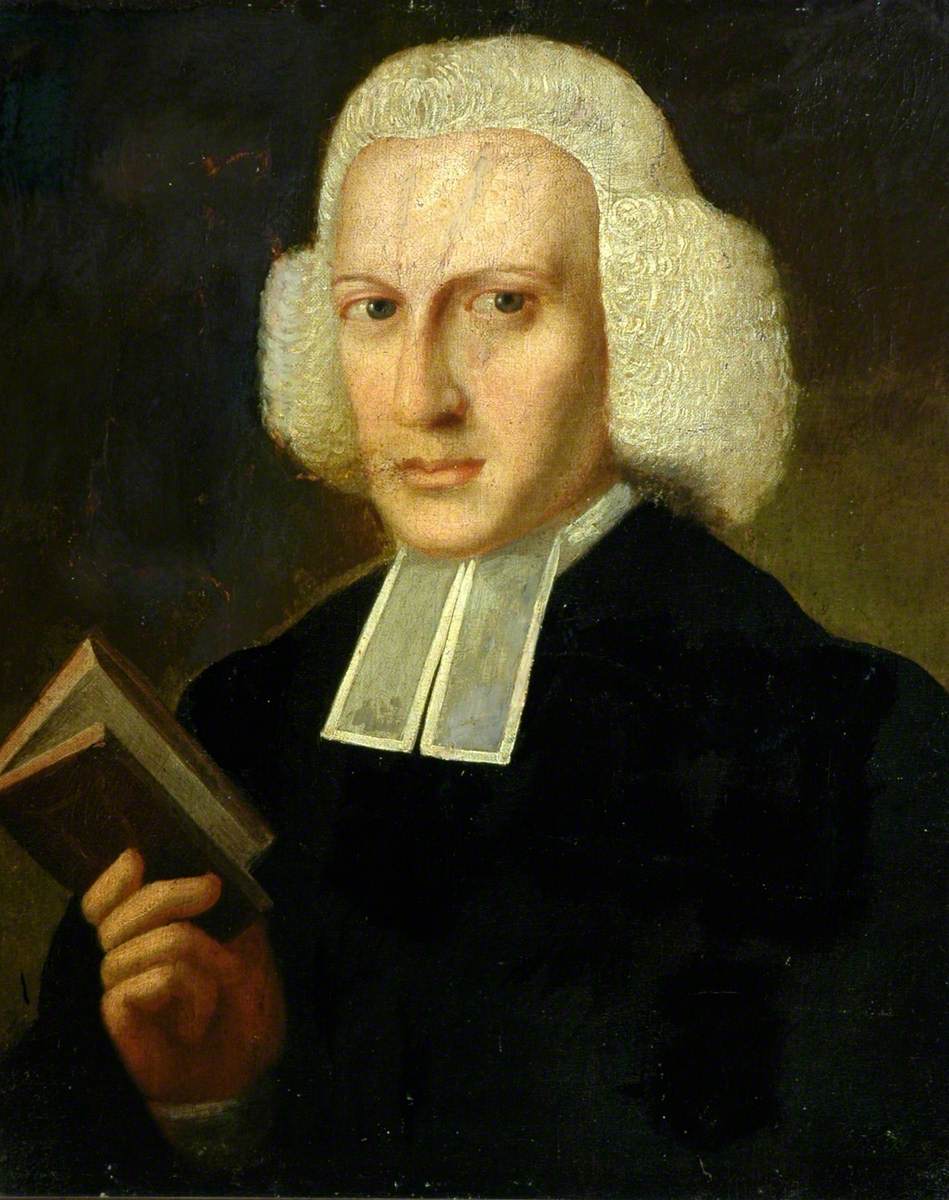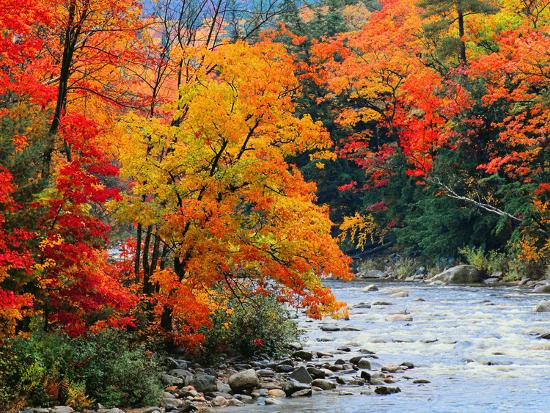"One gains a lot by going out into the world, by traveling, and living
in different places," Rose said to me one day, "but one loses a great deal, too.
After all, I am not sure but the loss is greater than the gain."
Rose Wilder Lane
(1886-1968)
American writer
Daughter of Laura Ingalls Wilder
"Just how do you mean?" I asked.
"I mean this," said Rose. "The best anyone can get out of this world
is happiness and contentment, and people here in the country seem so
happy and contented, so different from the restless people of the cities
who are out in the rush of things."
So after all, there are compensations. Though we do not have the advantages
of travel, we stay-at-homes may acquire a culture of the heart which is
almost impossible in the rush and roar of cities.
I think there are always compensations. The trouble is we do not
recognize them. We usually are so busily longing for things we can't have
that we overlook what we have in their place that is even more worthwhile.
Sometimes we realize our happiness only by comparison after we have lost it.
It really appears to be true that:
To appreciate Heaven well
A man must have some 15 minutes in Hell
Talking with another friend from the city gave me still more of an
understanding of this difference between country and city.
"My friends in town always are going somewhere. They never are quiet
a minute if they can help it," he said. "Always they are looking for something
to pass the time away quickly as though they were afraid to be left by themselves.
The other evening one of the fellows was all broken up because there was nothing
doing. "There isn't a thing on for tonight," he said, "Not a thing!"
He seemed to think it was something terrible that there was nothing special
on hand for excitement, and he couldn't bear to think of
spending a quiet evening at home."
What an uncomfortable condition to be in-depending altogether on things
outside of one's self for happiness and a false happiness at that,
for the true must come from within.
If we are such bad company that we can't live with ourselves,
something is seriously wrong and should be attended to,
for sooner or later we shall have to face ourselves alone.
There seems to be a madness in the cities, a frenzy in the struggling crowds.
A friend writes me of New York, "I like it and I hate it. There's something
you've got to love, it's so big-a people hurrying everywhere, all trying to live
and be someone or something-then when you see the poverty and hatefulness,
the uselessness of it all, you wonder why people live here at all. It does
not seem possible that there are any peaceful farms on earth."
And so more than ever I am thankful for the peacefulness and comparative
isolation of country life. This is a happiness we ought to realize and enjoy.
Laura and Almanzo Wilder relaxing with their neighbors
on the front porch of the farmhouse on Rocky Ridge.
(circa 1929)
We who live in quiet places have the opportunity to become acquainted
with ourselves, to think our own thoughts, and live our own lives in a way
that is not possible for those who are keeping up with the crowd, where
there is always something "on for tonight", and who have become so
accustomed to crowds that they are dependent upon them for comfort.
In thine own cheerful spirit live,
Nor seek the calm that others give;
For thou, thyself, alone must stand
Not held upright by other's hand.
Laura Ingalls Wilder
(1867-1957)
Prolific American writer and pioneer girl
"Compensations"
(November 1919)
From the book "Little House In The Ozarks"
A Laura Ingalls Wilder Sampler
The Rediscovered Writings"
By Laura Ingalls Wilder
Edited by Stephen W. Hines
Guideposts Edition
(1991)



